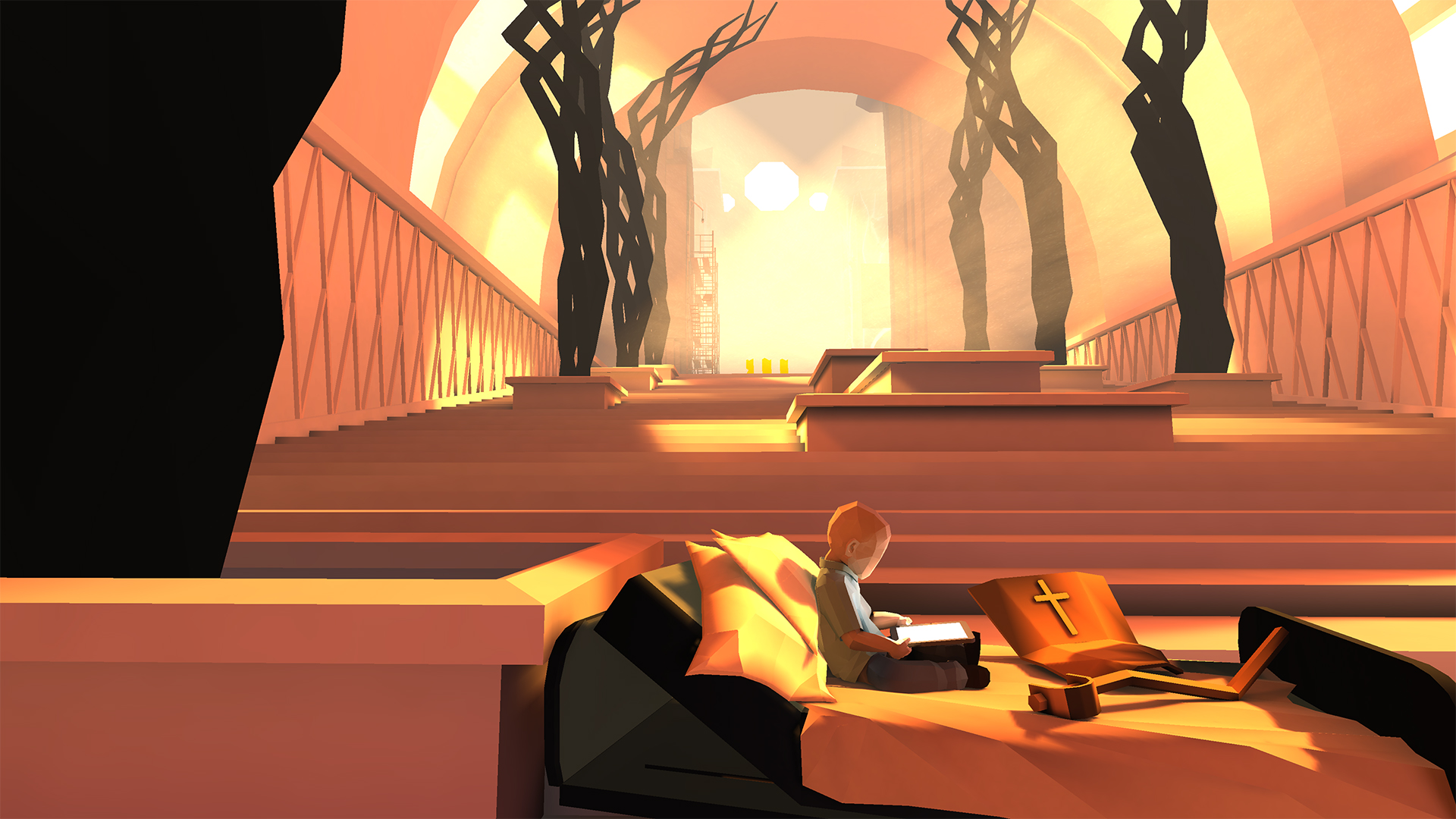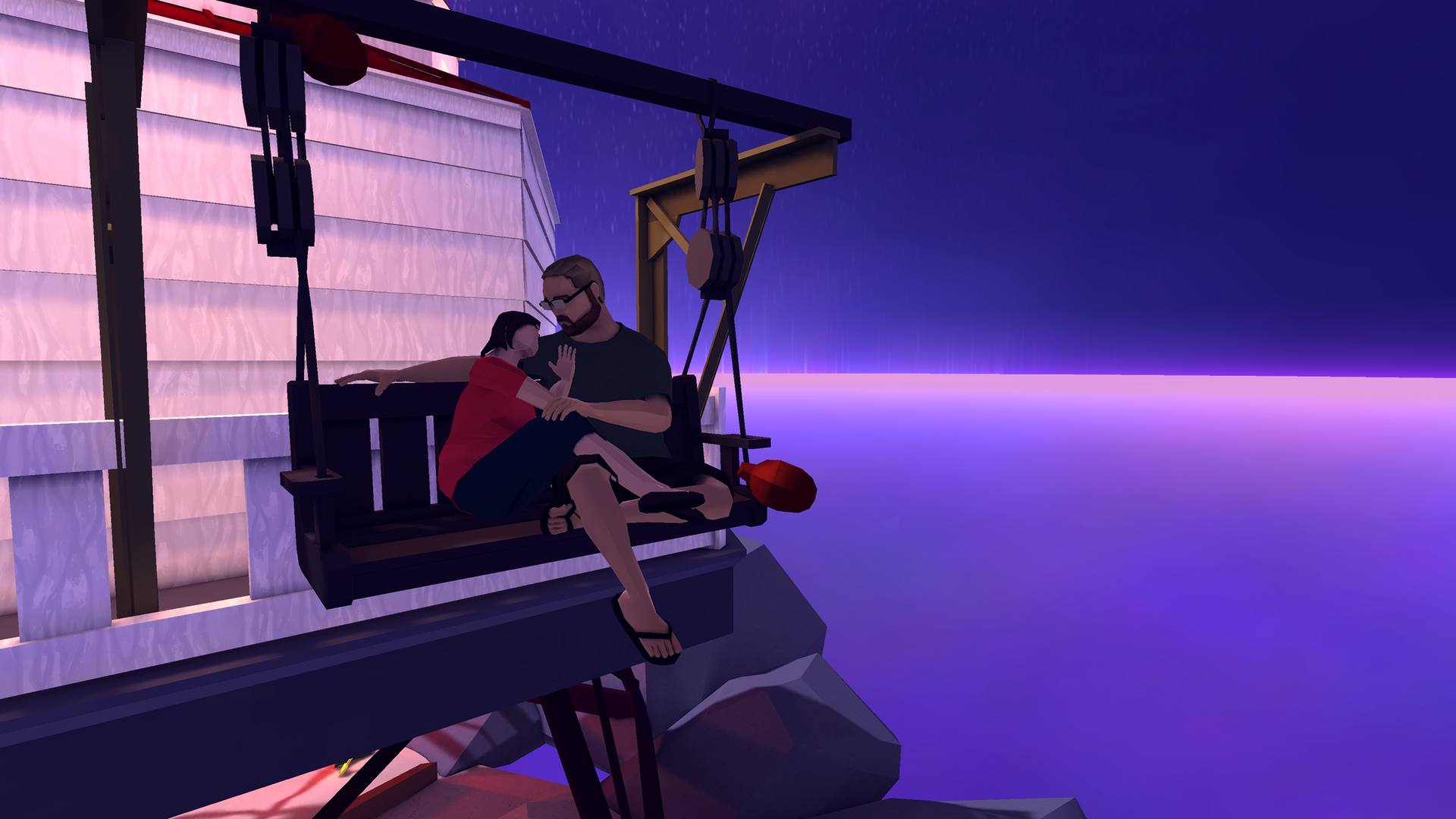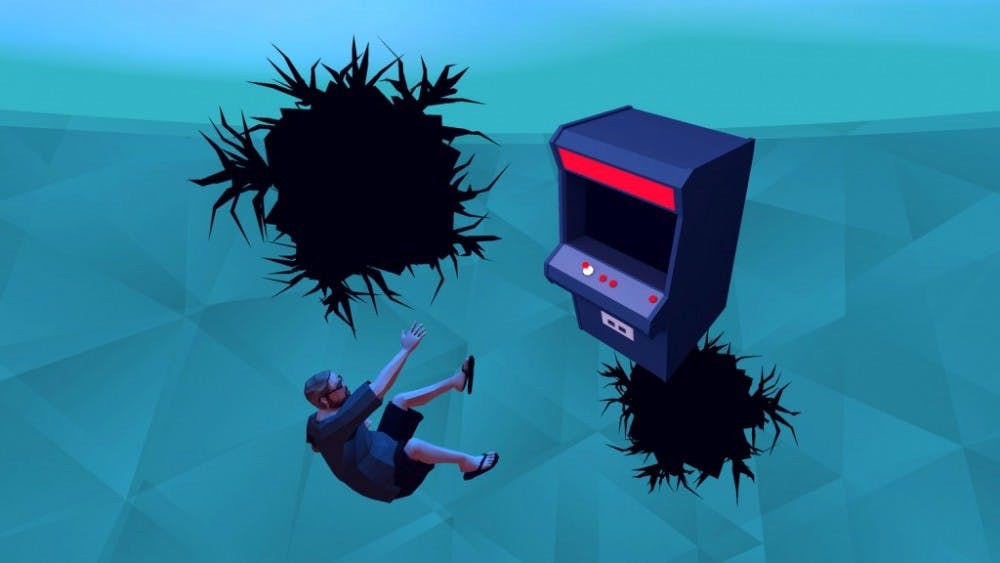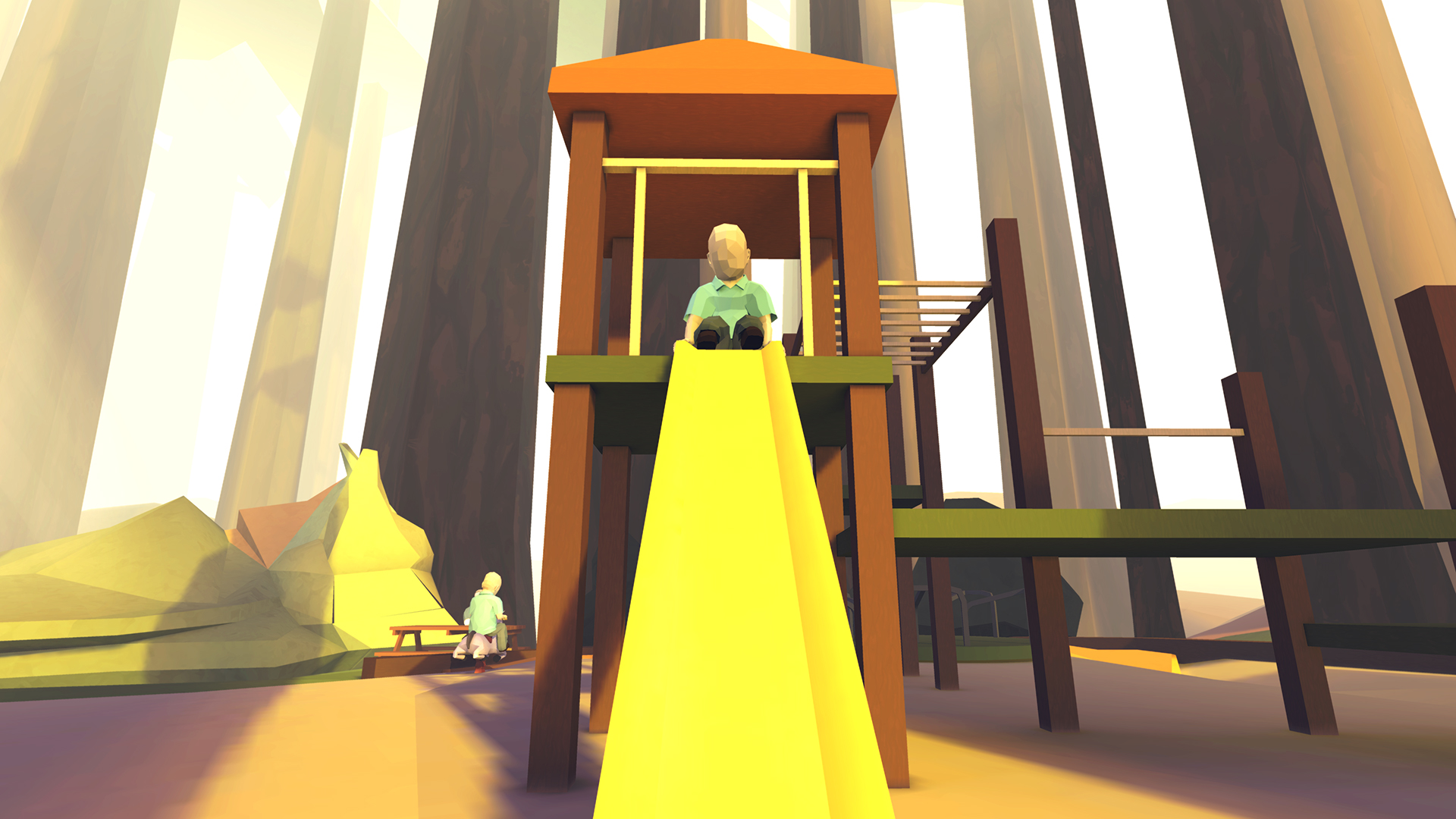Earlier this month, I had a chance to review That Dragon, Cancer. The game's developer, Ryan Green, had a conversation with me about his experience developing the game and the public's response to it.
____________________________________________________________________
Byte: When I first heard about the game, my reaction was, "how could someone make a game about this" but after playing it I felt like it all clicked so well. Did you run into that kind of reaction when you first started pitching the game? And was there a turning point, that you saw, for people who might not have understood right away?
Ryan Green: This is usually the first reaction we hear. In some cases the reaction is so negative, that people start to deride us as tasteless and opportunistic or morally corrupt and delusional. I believe the strong reactions relate to the baggage that comes with the term “game.” In society our videogames are pastimes, and feed our most basic appetites. However, I have never heard anyone make those accusations once they played the game. Play is how we interacted with Joel. It was our great joy to make him laugh, and no one looks down on an adult for being silly with their child. Play, laughter and tears are all part of the human experience and we think that videogames reflect that truth very well.
B: Do you play a lot of video games in your home? Were they a big part of your lives before the development of That Dragon, Cancer?
RG: Surprisingly I think I am the least prone to play games in the house. Amy has a weekly board game night, the boys are obsessed with minecraft and let’s play, though they’ve also shown a desire to make games and become creators. My entertainment diet is usually Netflix, and I love making games. Though some of the most interesting games I’ve played in recent memory are Davey Wreden’s work in the Stanley Parable and Beginners Guide, Kentucky Route Zero by Cardboard Computer, and Brendan Chung’s short but visually striking and stark first person immersive theatre of games like Thirty Flights of Loving.
B: You mention games like The Beginner's Guide and Kentucky Route Zero as ones that interested you. What about these games drew your attention, and did they factor into the development of That Dragon, Cancer
RG: What I love about both projects is the Theatrical settings. Often the sets are sparse, with theatrical lighting, and often minimal animation is present, but the richness of the audio in Kentucky (part 1) really brought the scene to life. I think we've borrowed from that sensibility in our work. Sometimes a replica isn't what is needed. Sometimes just a feeling will do.

B: One thing that really stuck out to me when I first played the game was how beautiful some of the quieter moments were, like the segment where you lay with Joel as the gloves float above you especially sticks with me. How did you come to choose the specific moments for the game?
RG: I wanted to communicate the juxtaposition of the beauty of the hospital, the intimacy of caring for Joel and the horror of Joel being sick. Time doesn’t pass at the same speed within a hospital. We were often isolated because Joel couldn’t leave the room due to infection, we made toys of hospital items like styrofoam cups and blown up medical gloves and food syringe rockets. So I wanted to express how all of those feelings and all of those hospital stays felt, in one scene.
Rather than focusing on the details of Joel’s illness, we tried to meditate on the feelings of being in each of those spaces. And so our narrative became less linear and more experiential.
B: Have you been surprised about some of the more extreme reactions the game has gotten? Did you expect it?
RG: A little surprised. We are amazed that people won’t give us the benefit of the doubt. We hope that they play what we have created and that it changes their mind. Until then, we are ok with people not being ok with it. For everything there’s a season, and this season might not be the right one.
B: On Twitter you been tweeting that you've been watching people stream the game on Twitch where they have been sharing their own cancer stories. Was this kind of connection something you planned on when developing the game, or did it come about as people were able to relate to the subject manner?
RG: Yes, we’ve actually been showing demo scenes of the game for three years now. We were well accustomed to players sharing their personal stories with us, and giving us big hugs, and crying with us about everything we shared in common.

It has been neat to see that people want to experience the game, even if it scares them, and if they can’t bring themselves to approach it by themselves, then they seek a group of people to experience it with. We always wanted the game to provide a safe space to talk about hard things like loss and disappointment and helplessness and even joy.
B: Do you have any plans for future games?
RG: We would love to be able to work together as a studio for many more years, and we have many ideas of games we want to make. Time will tell if we’ll be able to continue.
-------- Images: That Dragon, Cancer






